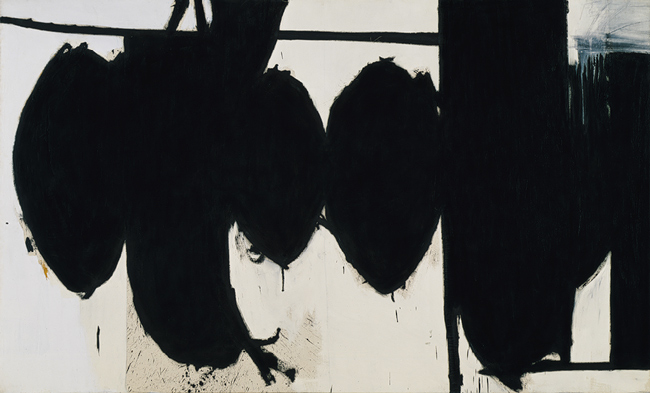I was on the train, reading poetry, when I stumbled upon a delightful Philip Appleman poem that I thought simply must be included in the dharma poetry series. Yes, indeed! The poem begins as follows:
gimmie a break before I die:
grant me wisdom, will, & wit,
purity, probity, pluck, & grit.
Immediately one sees many qualities of a certain dharmic voice that arose in the 50s and 60s, namely, the beat voice. There is the lightheartedness, the accessibility, the earnestness. Technically speaking, there is an emphasis on rhythm and rhyme, an abundance of alliteration, laid-back spellings (“gimmie”) and funky punctuation (the ever-hip ampersand). The casual pairing of Karma and Dharma with pudding and pie is classically beat: Big Ideas are down-to-earth, while Pie itself is divine. Moreover, probity is a cool word.
The short poem continues:
gimmie great abs & a steel-trap mind,
and forgive, Ye Gods, some humble advice–
these little blessings would suffice
to beget an earthly paradise:
we get laughs. The poet is praying for great abs. Now there’s an
honest prayer. Amitabha, grant me entrance into the Pure Land, but in
the meantime, how about we cut out this thinning of my hair. Levity
and irreverence are essential qualities of the beat voice, and of much
American Buddhism in my experience. Moreover, not only does the poet
speak directly to the gods, he offers the following advice in the
poem’s closing lines:
and the good people nice;
and before our world goes over the brink,
teach the believers how to think.
That’s the stuff. I dig it: the simple diction, the sincere supplication, and the call–in a prayer–to reason.
don’t know much about him besides the facts that he served in the Army
Air Corps in World War II and he taught English for decades at Indiana
University–or at least, American Buddhism in its evolving form is a
science of the mind, a religion for the post-Enlightenment world, a way
of constructing reality that emphasizes those prime Enlightenment
values of reason, tolerance and human dignity. And this reasonableness
is one of the, well, reasons that I am proud to call myself a
Buddhist. Also because the view has produced some seriously loose and cool and
meaningful poetry.

